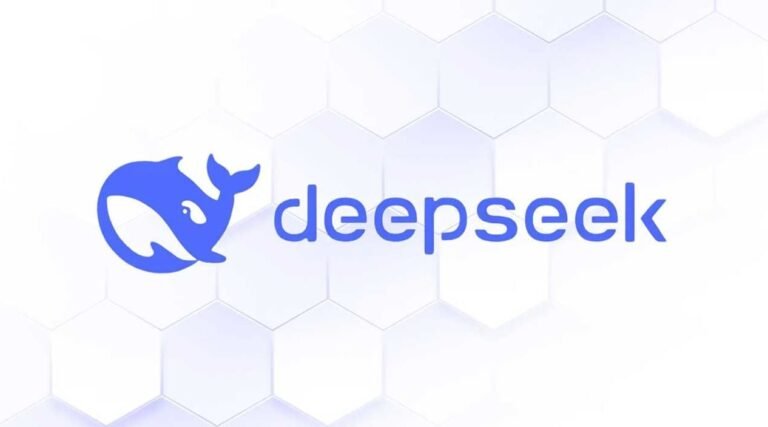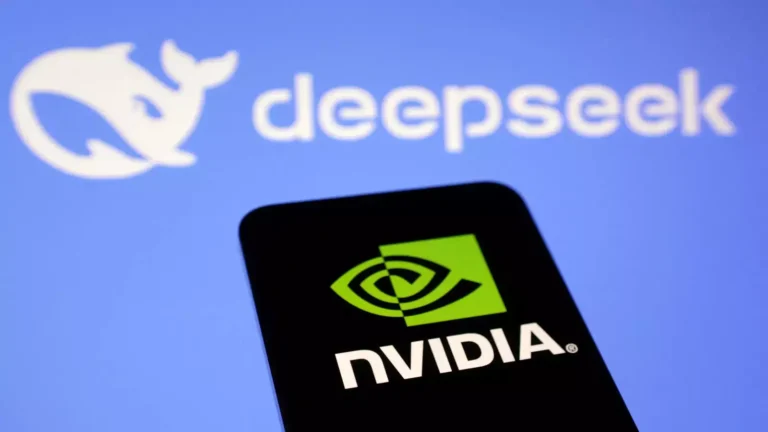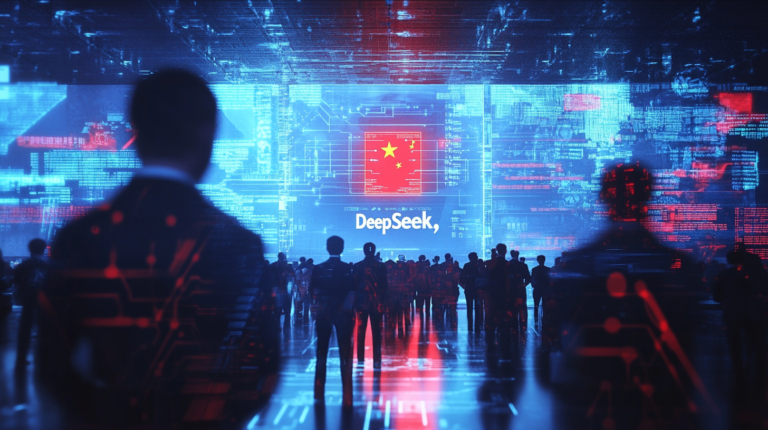How Artificial Intelligence is Changing the Job Market
Artificial Intelligence (AI) is rapidly transforming industries, bringing automation, efficiency, and new opportunities. However, many professionals worry about how AI will impact their jobs. Will AI replace human workers? Or will it create new career paths? Let’s explore how AI is reshaping the job market and what it means for the future of work.
Jobs at Risk Due to AI
AI-powered automation is already replacing certain tasks, particularly in industries that involve repetitive and predictable work. Some of the most affected jobs include:
- Manufacturing and Assembly Line Workers – AI-driven robots can perform repetitive tasks more efficiently than humans.
- Customer Support Representatives – AI chatbots and virtual assistants are handling customer inquiries and support requests.
- Data Entry Clerks – Automated systems can process and organize data without human intervention.
- Retail Cashiers – Self-checkout machines and AI-powered payment systems are reducing the need for cashiers.
- Truck and Delivery Drivers – Autonomous vehicles and drones are expected to change the logistics industry.
Jobs AI is Creating
While AI is replacing some jobs, it is also creating new opportunities. The demand for AI-related skills is growing across multiple industries. Some emerging roles include:
- AI and Machine Learning Engineers – Professionals who develop AI models and algorithms.
- Data Scientists – Experts who analyze and interpret complex data sets.
- Cybersecurity Analysts – Specialists who protect AI systems from cyber threats.
- AI Ethics Consultants – Professionals who ensure AI is used responsibly and without bias.
- Human-AI Collaboration Specialists – Experts who design systems where humans and AI work together efficiently.
Skills Needed to Stay Relevant in the AI Era
To remain competitive in the job market, workers need to develop skills that complement AI technology. Some essential skills include:
- Problem-Solving and Critical Thinking – AI can process data, but humans are needed to interpret results and make strategic decisions.
- Adaptability and Continuous Learning – Technology is evolving, and professionals must stay updated with the latest AI trends.
- Technical Skills – Learning programming languages like Python, understanding AI models, and data analysis can be beneficial.
- Emotional Intelligence and Creativity – AI lacks human emotions and creativity, making these skills highly valuable in the workplace.
The Future of Work with AI
Instead of replacing humans entirely, AI is likely to change how work is done. Many industries will shift towards a hybrid workforce where AI assists human employees, allowing them to focus on more complex and meaningful tasks. Governments, businesses, and educational institutions must work together to provide reskilling programs and ensure workers are prepared for this transition.
Conclusion
Artificial Intelligence is transforming the job market, replacing certain roles while creating new opportunities. Workers who embrace AI and develop relevant skills will have a competitive advantage. The key to thriving in this new era is continuous learning and adaptability. Are you ready for the future of work with AI?







